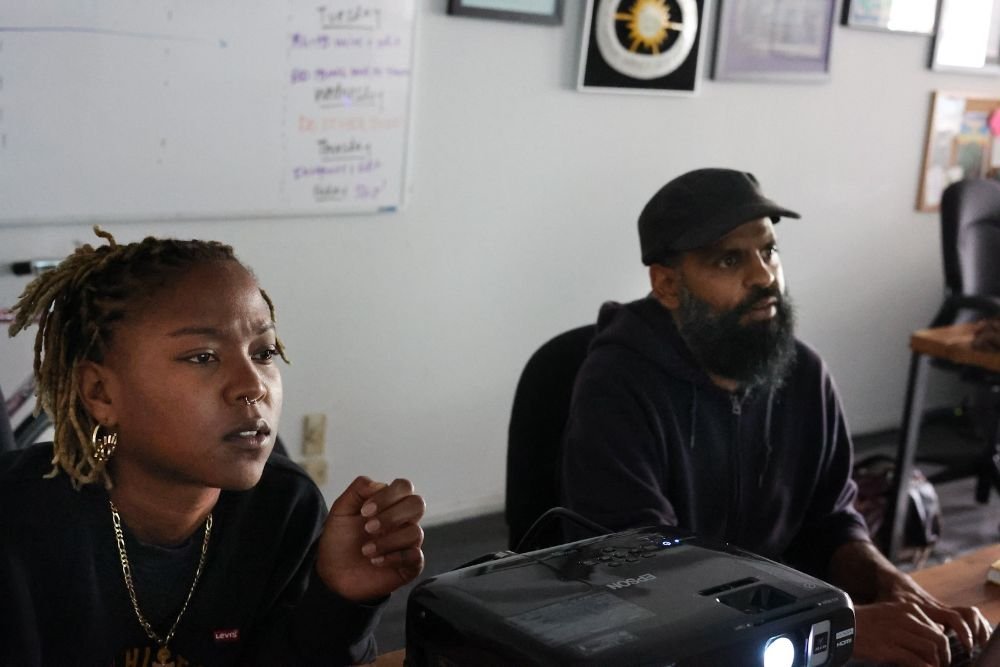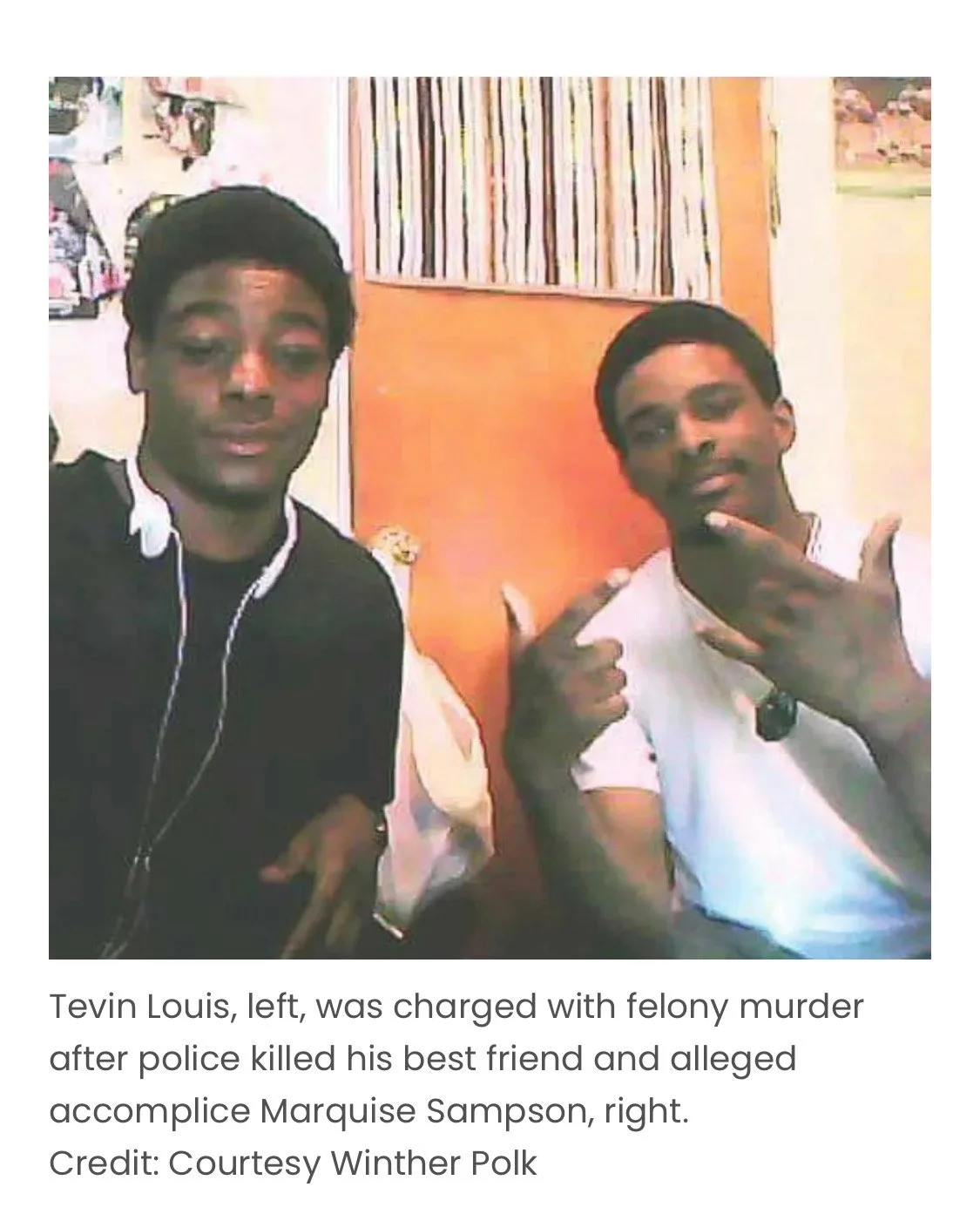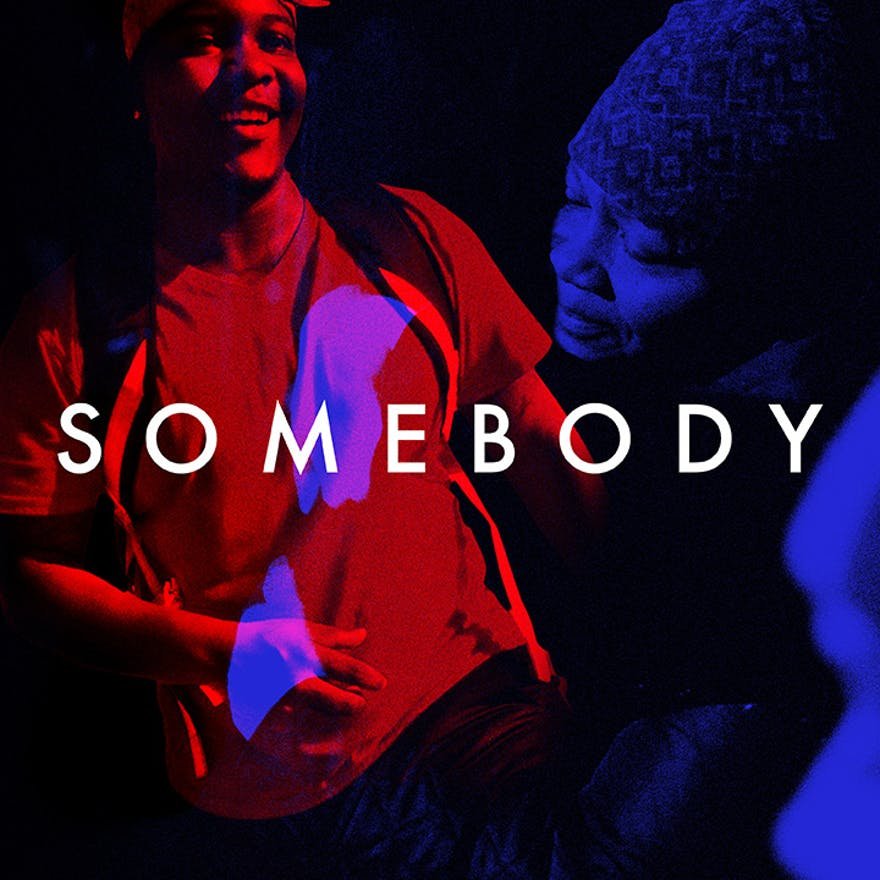Vol. 3 Issue 10
Welcome from Hilesh, Convening Invite, Green, BTS, Felony Murder
Beneath the Surface Pop-up event in July 202. Photo by Anwuli Anigbo.
This October, the BTS team will host workshops on patterns of neglect by police after instances of sexual assault, domestic violence, and harm facing children.
October 8, 2021
A note from our new executive director, Hilesh Patel:
At the beginning of September I began my role as Executive Director of the Invisible Institute. I joined an amazing team working at the intersection of journalism, data, accountability and ownership, and expanding the definition of each of those subjects. The team questions power, distributes resources, and uncovers truths, and are in unique positions to effect change in numerous ways.
In many ways, I had been preparing for this role at my previous job supporting Chicago leaders at Field Foundation. I was often asked to comment on, define, and most importantly, investigate an inquiry into leadership. That investigation opened a door into asking questions about what it means to “practice” leadership: How does one lead? Build capacity? Engender and earn trust? What does it mean to examine root causes of inequity? To build relationships across personal interests and differences of race or culture?
In the short time I have been at Invisible Institute, I find myself thinking about these questions of leadership and how they intersect with our own practice. At its core, Invisible Institute is a collective model of distributed leadership with a very distinct covenant that we will be accountable to each other and to the communities of Chicago, through an investigation of human rights abuses, and through care and connection to community and integrity.
The View from the Ground started in 2001 as an online publication produced by Jamie Kalven, photographer Patricia Evans, and technologist David Eads. It was conceived as a human rights monitoring strategy: a vehicle for documenting conditions of life in abandoned communities. Invisible Institute grew to identify a different kind of reporting that begins with a foundation of fundamental rights and moves to a critical analysis of systemic injustices. As Jamie has said, “the right end of the telescope to be looking through is the concrete injury to the individual, and then working back up toward larger patterns, the macro forces that contribute.”
While View from the Ground today can be seen as a roundup of developments in our work, it is now also a way for Alison, Andrew, Anwuli, Chaclyn, Jamie, Maira, and Trina to amplify our practice, and to further investigate questions that surround the work and how the work is created. I too am growing with my own inquiry into leadership, asking what it means to protect and propel the veracity of a journalism and data-centered organization that prioritizes human rights. As I do this alongside a remarkable team, I feel welcomed into this community while simultaneously having the opportunity to now be the one to say: welcome.
The month began with a promising development: the Illinois Supreme Court granted Charles Green's petition for appeal in Charles Green v. Chicago Police Department, a case in which the Invisible Institute has been deeply involved. In 2015, Mr. Green made a Freedom of Information Act request to CPD, seeking all police complaint records going back to 1967. In 2020, Judge Alison Conlon ordered CPD to produce the records. Thus far, the CPD has provided documents for the period 2011-2015, but has otherwise resisted complying with the judge’s order. Earlier this year, the state appellate court reversed Judge Conlon’s ruling. The Illinois Supreme Court will now consider the merits of this potentially momentous FOIA case.
Charles Green was convicted as a teenager in connection with a quadruple murder and was sentenced as a juvenile to life without parole on the basis of a confession that he has long claimed was coerced by the police. Decades later, he is free but is still trying to clear his name. He made the FOIA request in hopes that the records would help him establish his innocence and also help others seeking to challenge their convictions. There was a hearing on his clemency petition on October 6.
Join the Invisible Institute team virtually during your lunch hour on Tuesday, November 16 from 11:45AM -1:00 PM, for our annual gathering of supporters. Though we wish we could gather in-person this fall, we are still excited to share what we’ve learned, answer your questions, and discuss the work ahead with you.
RSVP at bit.ly/iisupporters2021→
Over the past six months, the Beneath the Surface team has been working with Human Rights Data Analysis Group and nearly 300 volunteers to read and tag over 4,000 police complaint narratives — from the documents released to us through the Green lawsuit — to identify allegations of gender-based violence that are often buried in the complaint records.
As we continue our long-term investigation into gender-based violence at the hands of police, we will host public conversations on emerging patterns we’re observing through this data science inquiry, and we will make binders of complaint records accessible at these events through our growing Library of Misconduct.
Read our early compilation of allegations related to search warrants, which was published in the South Side Weekly and was read into the record at City Council's hearing on search warrants this summer, and join this month’s discussion (Tuesday, October 26 virtually and Saturday October 30 in-person), on patterns of neglect by police following instances of sexual assault, domestic violence, and harm facing children.
RSVP here→
Five years after Alison Flowers co-authored the Sidney Award-winning Chicago Reader investigative story about how Illinois’ felony murder law can obscure police misconduct, the criminal justice omnibus bill that passed earlier this year amended what had previously been one of the most damaging and expansive felony murder statutes in the country.
Restore Justice Illinois advocated for the reform, citing Invisible Institute reporting. The amendment will likely result in fewer misapplied felony murder charges and convictions as it is tested in the courts. While the law is not retroactive, it now creates avenues for clemency appeals for those currently incarcerated under this problematic legal doctrine.
The women behind the Somebody podcast won a Gracie Award, presented by the Alliance for Women in Media, which recognizes exemplary programming created by, for and about women. Topic Studios, The Intercept, and the Invisible Institute received the award in the Podcast - Investigative category.
Listen now, and explore the Somebody teaching guide →






